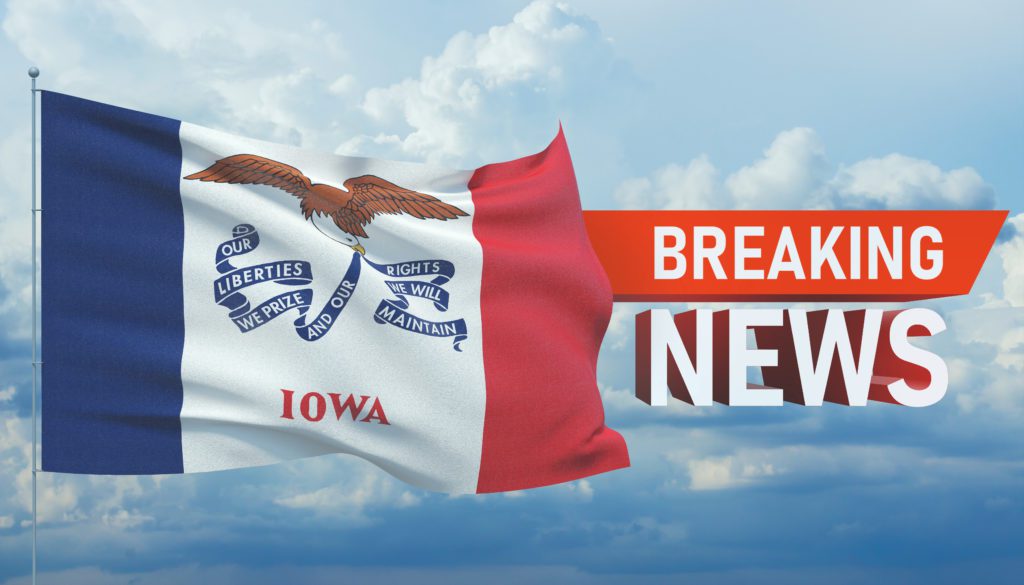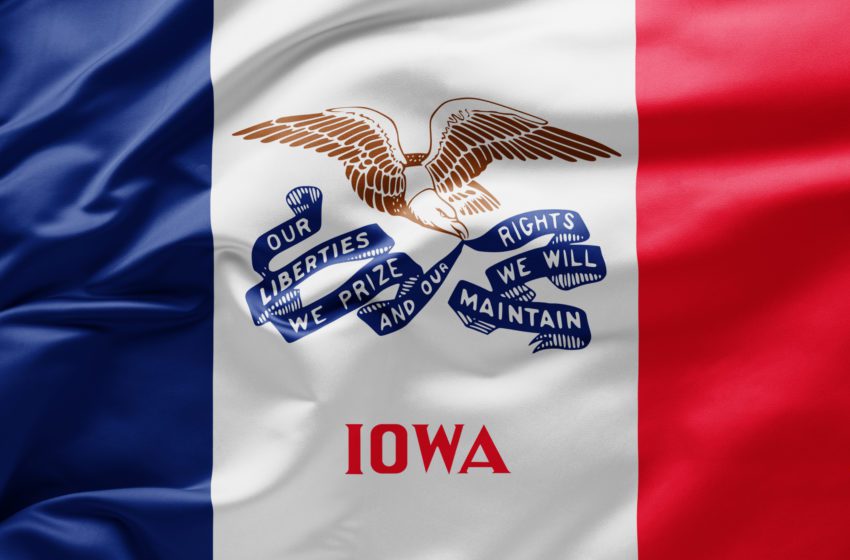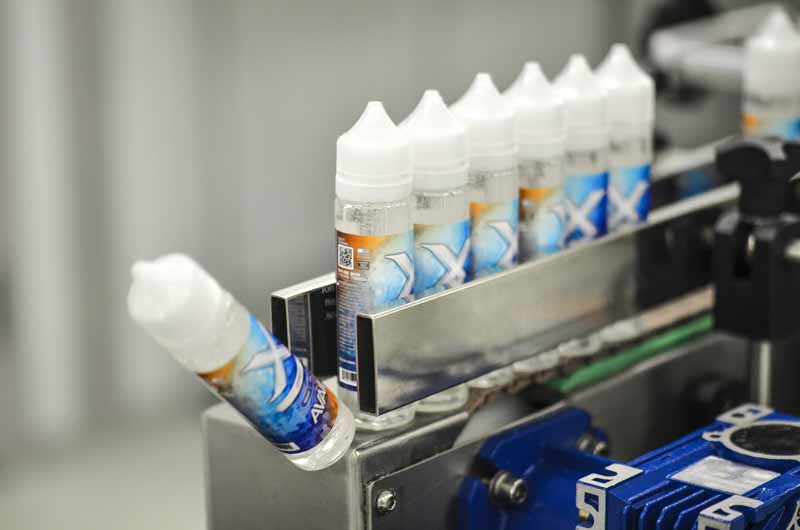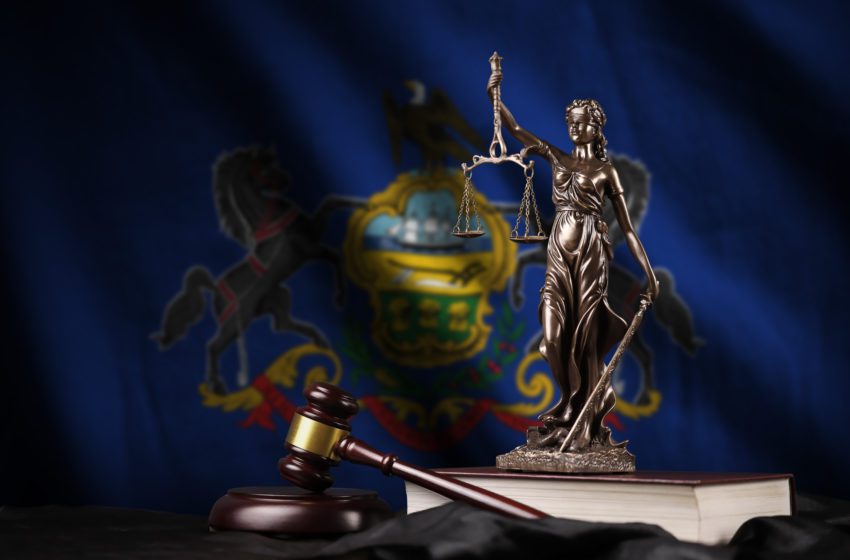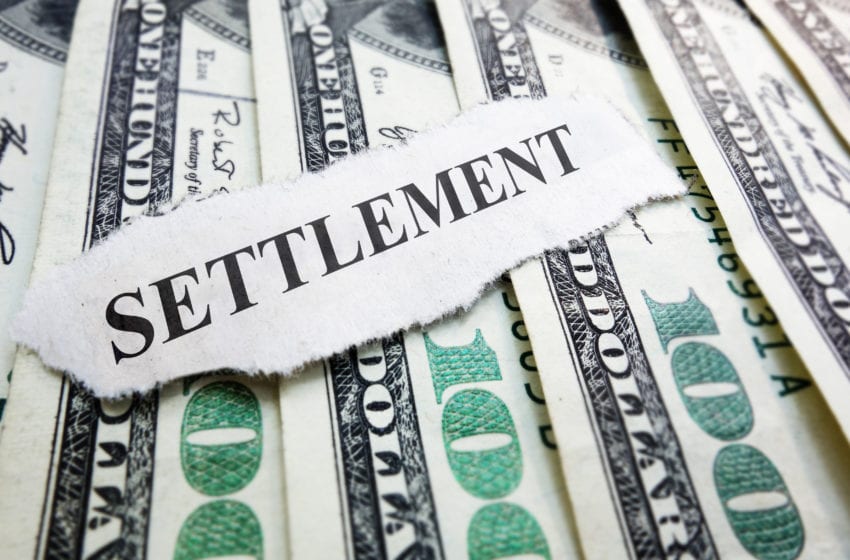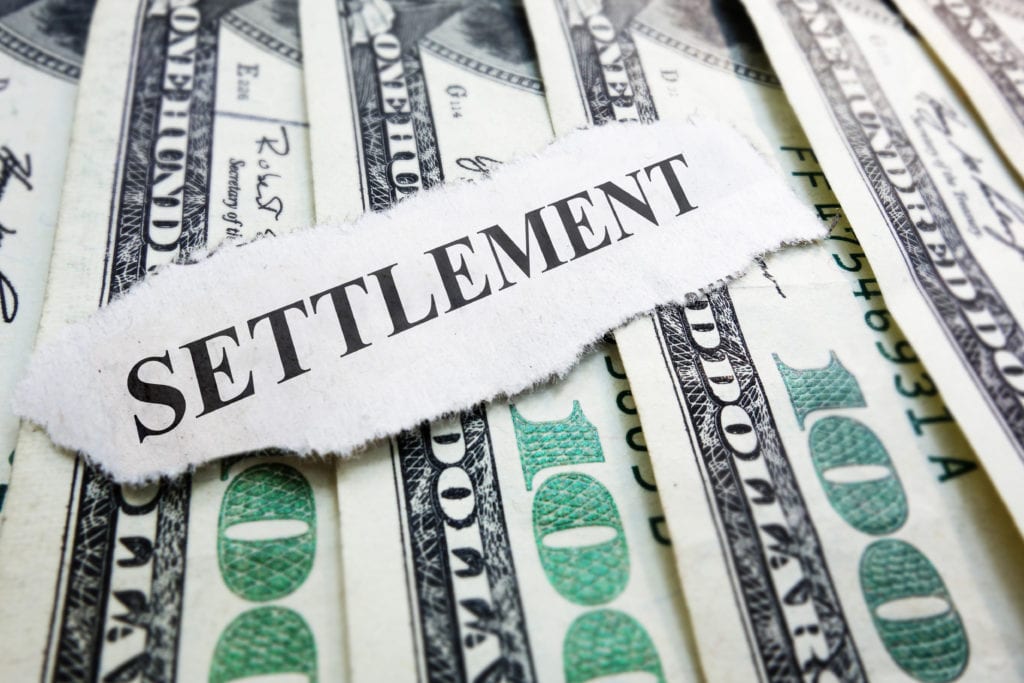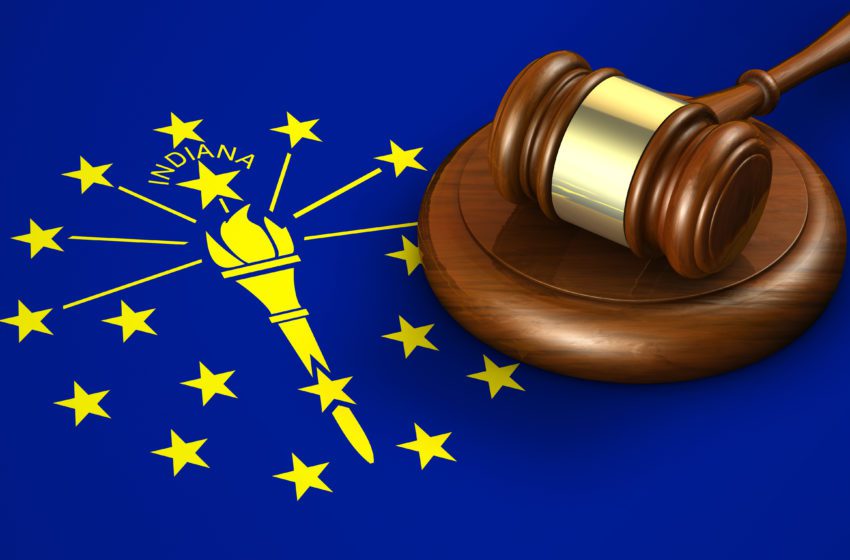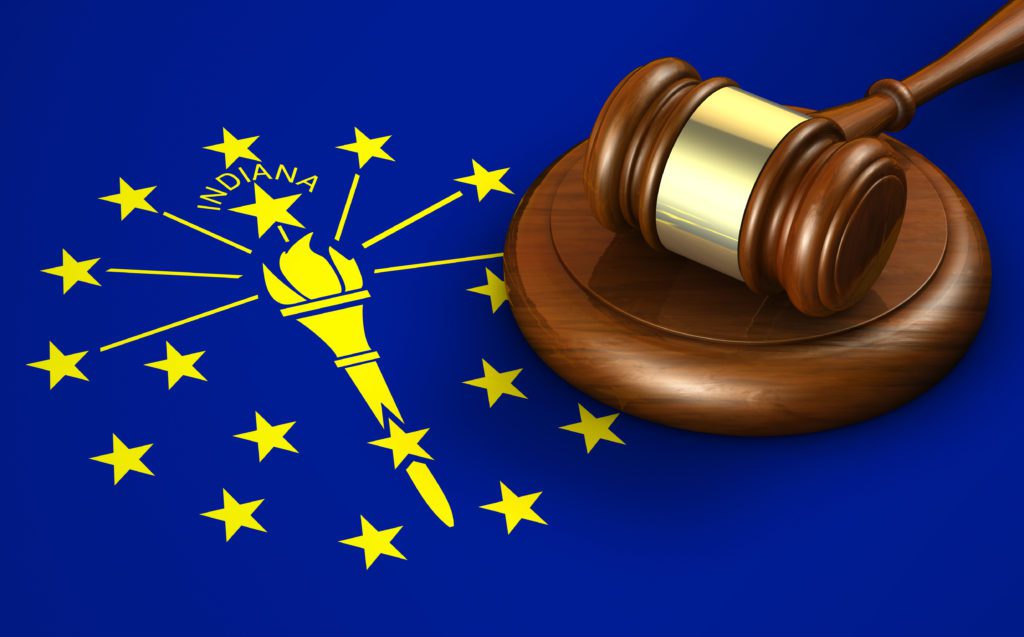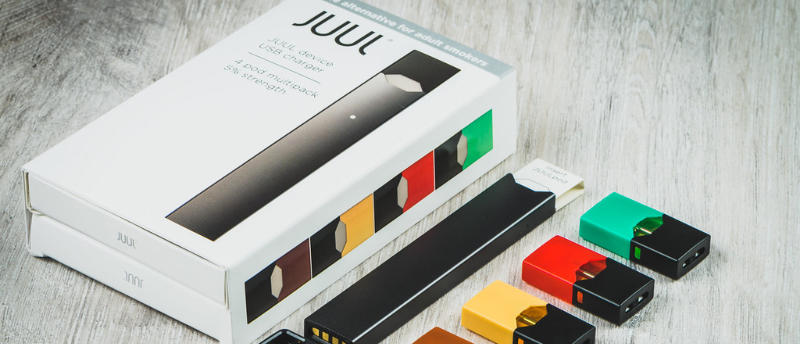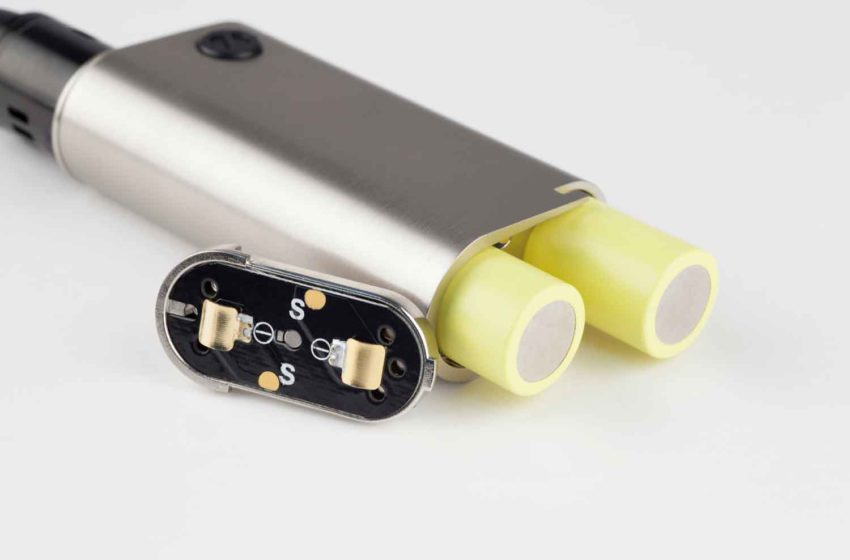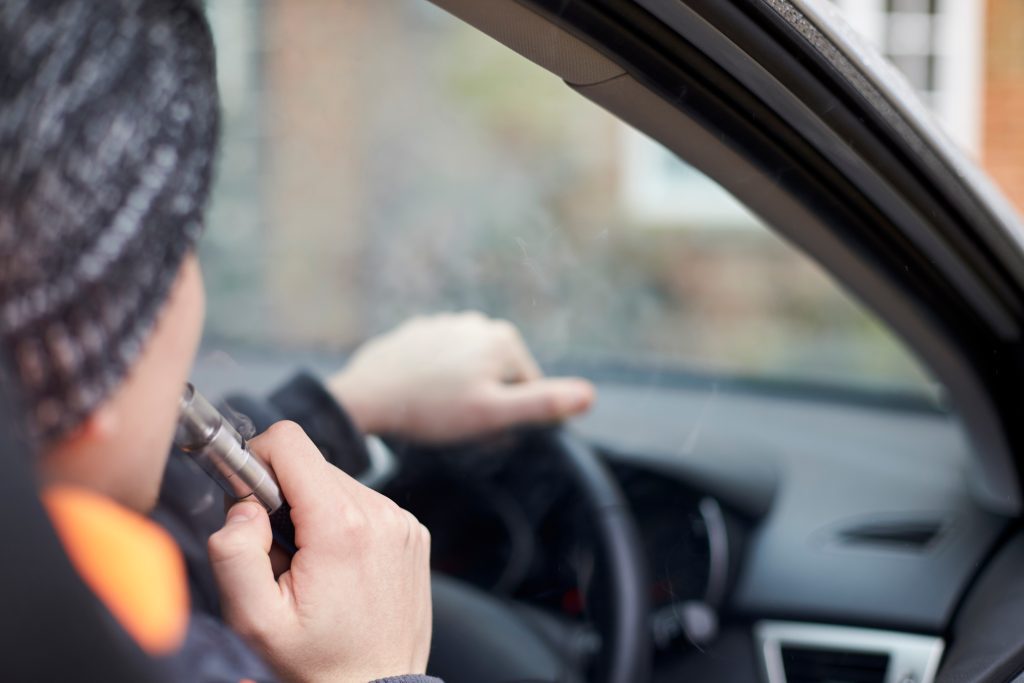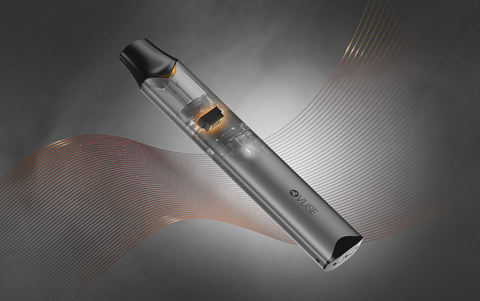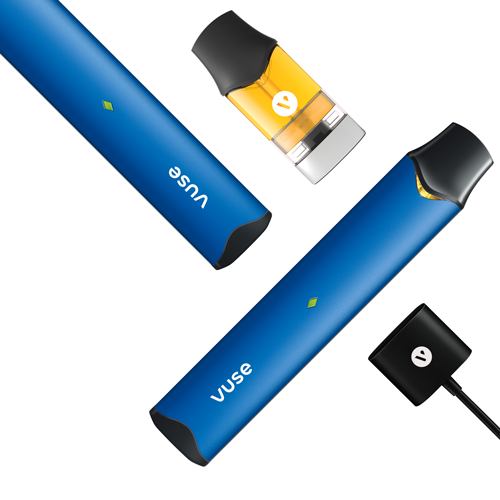The media reports vary. What can be discerned is that Juul Labs has settled more than 5,000 lawsuits for the sum of between $1.2 billion and $1.7 billion.
New York Times reports that Juul Labs Inc. has agreed to pay $1.7 billion to settle more than 5,000 lawsuits by school districts, local governments and individuals, which claimed that its e-cigarettes were more addictive than advertised, according to people with knowledge of the deal.
Bloomberg reports Juul Labs has agreed to pay $1.2 billion to resolve about 10,000 lawsuits targeting the e-cigarette maker as a major cause of a U.S. youth-vaping epidemic, according to people with knowledge of the deal.
The San Francisco Examiner reports that the e-cigarette maker faced more than 8,000 lawsuits suits brought by individuals and families of Juul users, school districts, city governments and Native American tribes. This week’s settlement resolves most of those cases, which had been consolidated in a California federal court pending several bellwether trials.
The Wall Street Journal, which first reported the story, reported that Juul Labs settled more than 5,000 lawsuits covering more than 10,000 individual plaintiffs on Dec. 6. Financial terms of the deal were not disclosed.
Juul Labs announced in a press release that it has reached settlements with plaintiffs in the federal multidistrict litigation (MDL) and related “Juul Labs Product Cases” (JCCP) that have been consolidated in the United States District Court for the Northern District of California. Juul Labs did not disclose any amounts.
“These settlements represent a major step toward strengthening Juul Labs’ operations and securing the company’s path forward to fulfill its mission to transition adult smokers away from combustible cigarettes while combating underage use,” the company wrote.
The global resolution covers more than 5,000 cases brought by approximately 10,000 plaintiffs against Juul Labs and its officers and directors, according to Juul Labs.
Over the past year, Juul Labs also has settled with 37 states and territories and remains in ongoing discussions with other key stakeholders to resolve the remaining litigation, according to the release.
The amount for the deal, which involves a consolidation of cases centered in Northern California, is more than three times the sum reported for other Juul Labs settlements in other state and local cases thus far, according to the New York Times.
The deal resolves much of the legal uncertainty that had driven the company close to bankruptcy.
Juul announced on Dec. 6 it has secured an investment to cover the cost of the settlement. The company has been in talks with two early investors to fund a bailout that would cover legal liabilities.
According to Juul CEO K.C. Crosthwaite, the settlement addresses the vast majority of outstanding litigation facing the company, including two pending bellwether trials that were set to go to court early next year, and four broad groups: personal-injury plaintiffs, Juul consumers, government entities such as school districts, and Native American tribes. Lawsuits brought by several attorneys general are pending.
A pioneer in the vaping business, Juul Labs has gone from dominating the U.S. e-cigarette market to fighting for its survival in a relatively short time.
